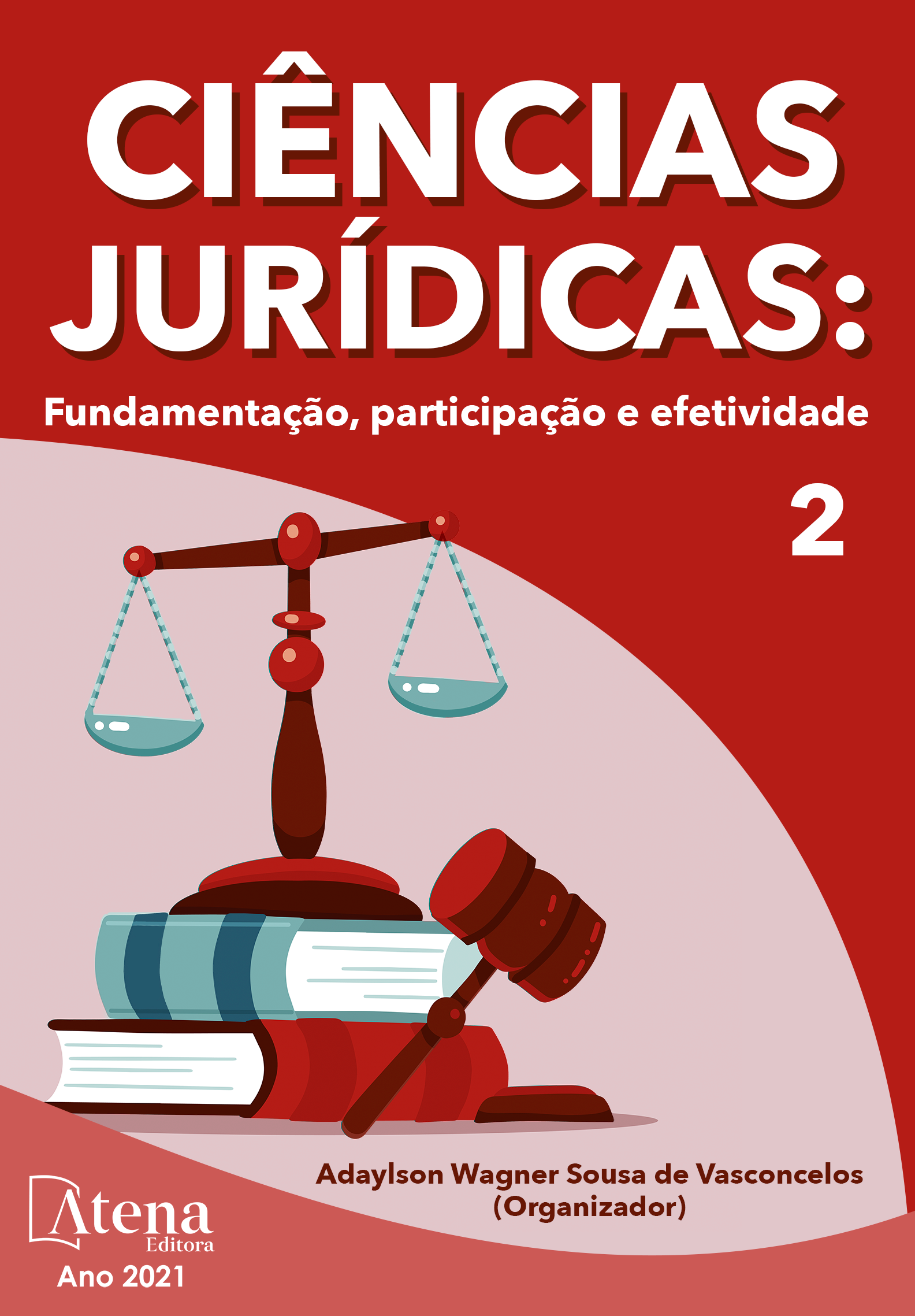
A IMPARCIALIDADE E O DEVER DE CONFIDENCIALIDADE DO JUIZ FACILITADOR DA AUTOCOMPOSIÇÃO DOS CONFLITOS JUDICIAIS
O capítulo aborda os métodos alternativos de resolução de conflitos, sua origem, principais notas históricas e princípios, estabelecendo um contraste entre os sistemas do Brasil e de Portugal, discutindo, de forma específica, os princípios da confidencialidade e da imparcialidade, para, finalmente, refletir sobre o papel do magistrado enquanto facilitador de autocomposição. Utilizando a revisão bibliográfica e documental, além do método comparado, a análise apresenta o dilema enfrentado pelo juiz como ator de procedimentos alternativos de resolução de conflitos, por conhecer a realidade exposta durante as sessões de autocomposição e ter de julgar a causa sem descumprir os princípios da confidencialidade e da imparcialidade. Conclui o estudo, diante dessa difícil harmonização de papéis, pela necessidade de reflexão sobre a inconveniência da figura do juiz facilitador na ordem jurídica não só brasileira, mas também portuguesa.
A IMPARCIALIDADE E O DEVER DE CONFIDENCIALIDADE DO JUIZ FACILITADOR DA AUTOCOMPOSIÇÃO DOS CONFLITOS JUDICIAIS
-
DOI: 10.22533/at.ed.90621150619
-
Palavras-chave: Resolução Alternativa de Conflitos, Confidencialidade, Imparcialidade, Dilemas, Desafios.
-
Keywords: Alternative Conflict Resolution, Confidentiality, Impartiality, Dilemmas, Challenges.
-
Abstract:
The chapter addresses the alternative methods of conflict resolution, its origin, main historical traces and principles, establishing a contrast between the systems of Brazil and Portugal, discussing, in a specific way, the principles of confidentiality and impartiality, reflecting, in addition, on the role of the judge as a facilitator on self-agreements in Brazilian judicial system. Using the bibliographic and documentary review approaches, in addition to the comparative method, the analysis presents the dilemma faced by the judge as an actor in alternative conflict resolution procedures, for knowing the reality exposed during the self-composition sessions and having to adjudicate the lawsuit without breaking the principles confidentiality and impartiality. The study concludes, given this difficult harmonization of roles, that is necessary to reflect on the inconvenience of the figure of the facilitator judge in the legal order, not only in Brazilian judicial system, but also in others legal systems, like the Portuguese one.
-
Número de páginas: 19
- Luciano Athayde Chaves
- Tatiana Socoloski Perazzo Paz de Melo


